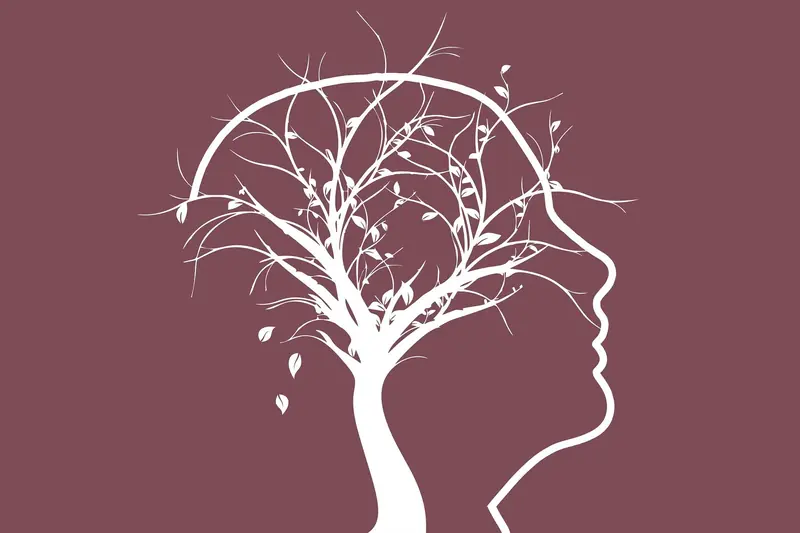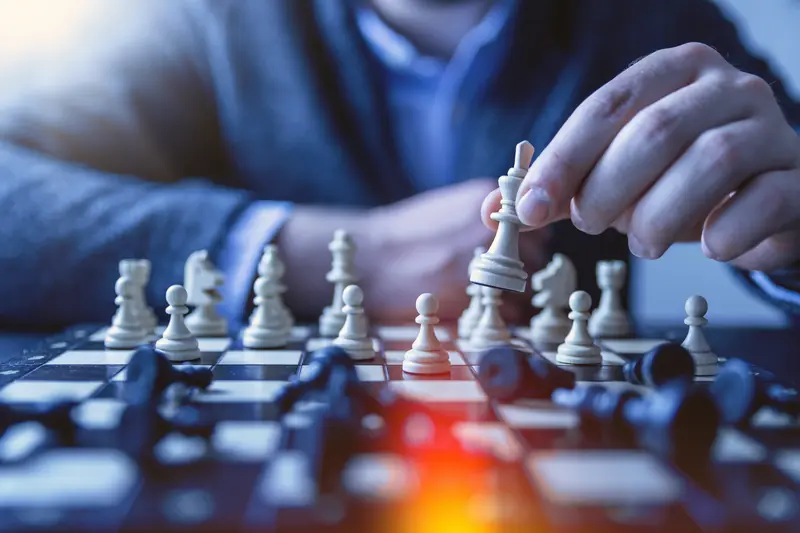
Memory is constantly developing until the age of 25. It reaches its peak capabilities around 19 to 20 years old, with the first signs of decline typically appearing after 50. However, these processes can be somewhat delayed through regular practice of specific exercises. What positively impacts our memory, and which “training” methods are the most effective? We’ll explore all of this and more in the following sections.
Types of Memory: Insights from Experts
Human memory is directly linked to the functional capabilities of the body. In other words, it resembles a factory where both humans and mechanisms operate in a chain-like manner, with each element responsible for its own processes. Mnemonics is the term specialists use to describe memory techniques. For a person to achieve certain successes in life, they must understand the strengths and weaknesses of their memory. This understanding leads to the classification of memory into distinct types.
From the perspective of information retention, the following categories are identified:
- Long-term memory – this is when you can freely recite a poem you learned in school even in adulthood. It serves as the “internal” memory of your metaphorical computer.
- Working memory – this allows you to hold relevant information for the duration needed to complete a task.
- Sensory memory – retains received data for literally half a second.
- Short-term memory – holds all necessary information for about 20 seconds. Typically, individuals with strong short-term memory are considered good conversationalists because they can improvise well and avoid long pauses.
- Involuntary (reflexive) memory – observed at the level of reflexes.
When considering memory techniques, the following types are noteworthy:
- Imagery – this includes visual, auditory, gustatory, tactile, and auditory memory, all linked to brain function. The imagery type of memory has different parameters for each individual.
- Motor (kinesthetic) – thanks to this, a person knows how to walk, type on a keyboard, and perform other daily actions.
- Logical – in this case, the mechanisms of memory retention are formatted in blocks.
- Emotional – this type is closely related to psychology.
- Selective – a person retains only the amount of data they need.
- Written – also known as visual memory, a subtype of visual memory where a person remembers well what they write down.
- Declarative memory – this involves the retention of explicitly expressed concepts and life events.
Memory can also be differentiated by the level of awareness of the material. Mechanical memory involves simply forming information without transformation or analysis. In contrast, semantic memory implies understanding the material. Intentional memory is driven by the current need to recall specific data.

What Are Memory Lapses and Where Do They Come From?
The phrase “short memory” is often heard from adults who struggle with forgetfulness. This issue doesn’t only affect the elderly; young people can also forget certain information, such as events from their childhood or even what they did just recently. These so-called gaps in memory, where the thread of conversation is lost during discussions, are not as harmless as they might seem at first. For both older adults and younger individuals, this can be considered an early warning sign that a dangerous condition like sclerosis may be looming. Unfortunately, this term is often associated with jokes, but the reality is much more complex.
What causes memory lapses, what leads to short-term forgetfulness, and how can we treat our brains? The most common issues linked to cognitive decline include:
- Encephalopathy;
- Diabetes;
- Parkinson’s disease;
- Cerebral atherosclerosis.
A memory lapse, where necessary information disappears from your mind or the process of memorization deteriorates, can ultimately lead to Alzheimer’s disease if left untreated. This condition is insidious and often results in severe consequences. Therefore, if you notice that your memory frequently fails you and these lapses become a regular occurrence, leading to the loss of your best memories, it’s crucial to seek help from specialists.
However, the best approach is to take preventive measures. Don’t wait until your memory deteriorates completely; start practicing specific exercises that can yield short-term benefits.
How to Memorize Information: Effective Tips
People often face the challenge of memorizing large volumes of information. This may be related to studying, job requirements, and more. It’s important to know that specialists recommend various mnemonic techniques to train your memory, which can enhance your intellectual capacity. What methods are typically the most effective? What do you need to make the task easier? You can find the answers to these questions below.
- Trick your brain.
Try using mechanical memorization to boost your short-term memory capacity. Learn twice as much as it allows.
- Understand, don’t just memorize.
The essence of this method lies in the meaningful perception of data. Use associative information and various interesting techniques.
- Learn in intervals.
In this case, the rules are quite simple. Break down the learning material into separate stages, using frequent repetition of what you’ve learned. This method may not yield quick results, but it is very effective.
- Set the right mood.
Avoid working when you’re in a bad mood. Involuntary memorization occurs when there is an optimal setting for effective work.
Taking memory tests available online can help you assess your main memory indicators and choose the right approach.

How to Improve Memory: Key Methods
Enhancing memory involves various exercises to strengthen brain functions. In other words, the brain needs a kind of workout to develop thinking, attention, and itself. The main task is to establish rules and organize activities in a way that maximizes their benefits.
It’s advisable to train your abilities consistently, as taking breaks in this work only causes harm. It’s equally important to choose the right techniques – their methods should suit you personally.
What can help an adult improve their memory?
- Visual association and image creation;
- Learning poems and reciting them aloud – this method is particularly effective for older adults;
- Trying to recall forgotten information – this technique is useful for those who often forget what they need to buy at the store or whether they turned off the iron before leaving home;
- Learning foreign languages – this educational system can enhance short-term memory;
- Recalling daily events – this helps develop working memory;
- Playing intellectual games – this improves attention and allows for a well-developed reaction speed;
- Changing your usual route – this training helps broaden your horizons.
Each exercise for enhancing attention and memory can be used individually or in combination with others.

How to Erase Memories and Why Would You Want To?
Life presents many unpleasant situations that one might wish to forget immediately. For example, someone might have seen you being silly or clumsy, or you may have been left by a loved one. Experts assert that it is entirely possible to get rid of, “erase,” or eliminate these troubles from your mind. Forgetting and not recalling negative information or unpleasant experiences can be achieved through hypnosis. However, in this case, it’s essential to find a good specialist to avoid falling into the hands of a charlatan.
For those looking to tackle this issue and cleanse their memory, the following methods are recommended:
- Focus your attention in calm, comfortable conditions.
- Recall the past, selecting negative moments from your memories.
- Identify which specific event – whether in personal relationships or just life in general – bothers you the most.
- Choose blocking methods.
- Channel negativity into your favorite activities.
Finally, simply imagine how you are destroying unnecessary information. For instance, visualize an imaginary picture and tear or burn it.
Memory is a gift from nature that should be cherished and nurtured. This way, life will be fulfilling, and for your children and grandchildren, you will become a source of advice and experience rather than a burden.
